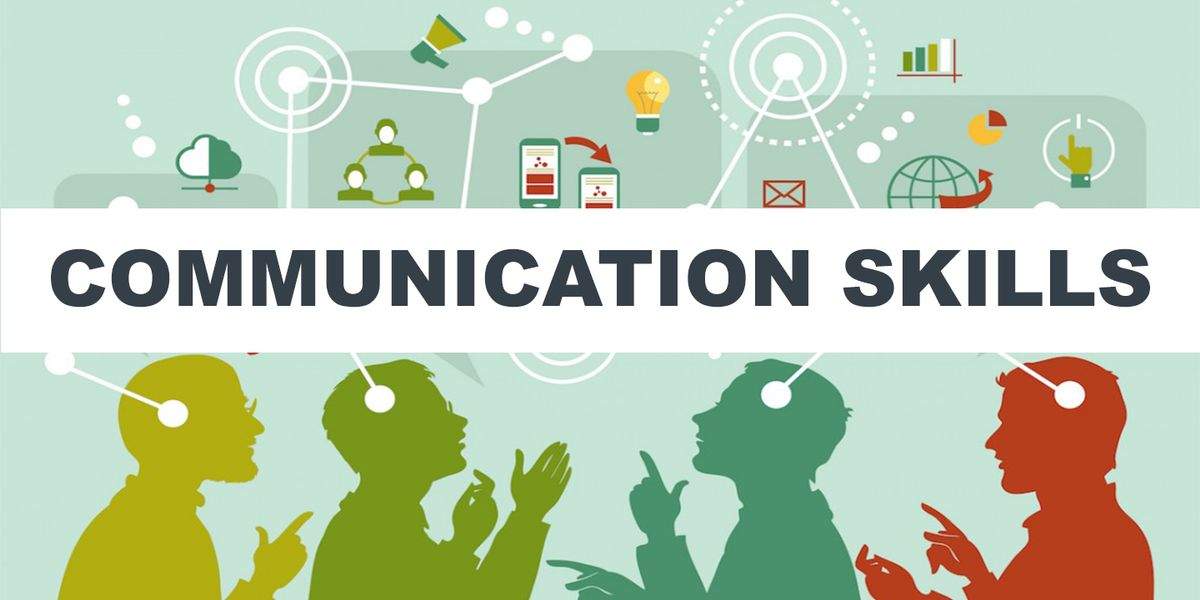
In the dynamic and competitive world of sales, effective communication skills are not just beneficial—they are essential for success. Whether you’re engaging with prospects, negotiating deals, or building relationships, mastering these key communication skills can make all the difference. Let’s delve into the top 10 communication skills that every sales professional should cultivate to excel in their role.
1. Active Listening
One of the most crucial skills for any sales professional is the ability to actively listen to customers. This goes beyond hearing words; it involves understanding their needs, concerns, and motivations. Active listening builds rapport and allows you to tailor your pitch effectively.
Example:
Imagine Sarah, a seasoned sales executive, actively listening to a client’s feedback about their current challenges with supply chain logistics. By listening attentively, she identifies opportunities to propose customized solutions that address specific pain points.
2. Empathy
Empathy is the ability to understand and share the feelings of another person. In sales, empathizing with customers fosters trust and strengthens relationships. It allows you to connect on a deeper level and demonstrate genuine concern for their needs.
3. Clear and Concise Communication
Sales professionals must convey their messages clearly and concisely. Whether delivering a pitch, explaining product features, or negotiating terms, clarity in communication ensures that information is easily understood and avoids misunderstandings.
Table: Tips for Clear Communication
| Communication Tip | Description |
|---|---|
| Use Simple Language | Avoid jargon and technical terms |
| Organize Information | Structure points logically |
4. Persuasion and Influence
Persuasion involves presenting arguments in a compelling manner to persuade customers to take action. It requires understanding their motivations and demonstrating how your product or service meets their needs effectively.
5. Adaptability
Sales environments can be unpredictable. Adaptability allows sales professionals to adjust their communication style and approach based on customer preferences, personalities, and situations.
Table: Adaptability Strategies
| Adaptation Strategy | Application |
|---|---|
| Tailor Pitch | Customize presentations for different audiences |
| Flexibility | Adjust communication style based on customer response |
6. Confidence
Confidence inspires trust and credibility. Sales professionals who exude confidence in their product knowledge and solutions are more likely to build strong relationships and close deals successfully.
7. Storytelling
Storytelling is a powerful tool for engaging prospects and illustrating the benefits of your product or service in a compelling way. It helps create emotional connections and makes information memorable.
Example:
John, a sales manager, captivates potential clients by sharing success stories of how their solutions transformed businesses, highlighting real-world benefits with a narrative approach.
8. Negotiation Skills
Negotiation skills are essential for reaching mutually beneficial agreements. Effective negotiators understand both parties’ interests, communicate persuasively, and seek win-win outcomes.
Table: Negotiation Tactics
| Negotiation Tactic | Description |
|---|---|
| Establish Win-Win | Focus on outcomes beneficial to both parties |
| Flexibility | Adjust negotiation strategy as needed |
9. Non-Verbal Communication
Non-verbal cues such as body language, facial expressions, and gestures play a significant role in sales interactions. Being aware of and utilizing non-verbal communication enhances understanding and rapport.
10. Follow-up Skills
Effective follow-up is crucial for maintaining relationships and closing sales. Timely and personalized follow-ups demonstrate commitment, address any remaining concerns, and reinforce trust.
Table: Follow-up Best Practices
| Follow-up Practice | Description |
|---|---|
| Personalized Messages | Tailor follow-ups to client interests |
| Timely Responses | Promptly address inquiries or requests |




